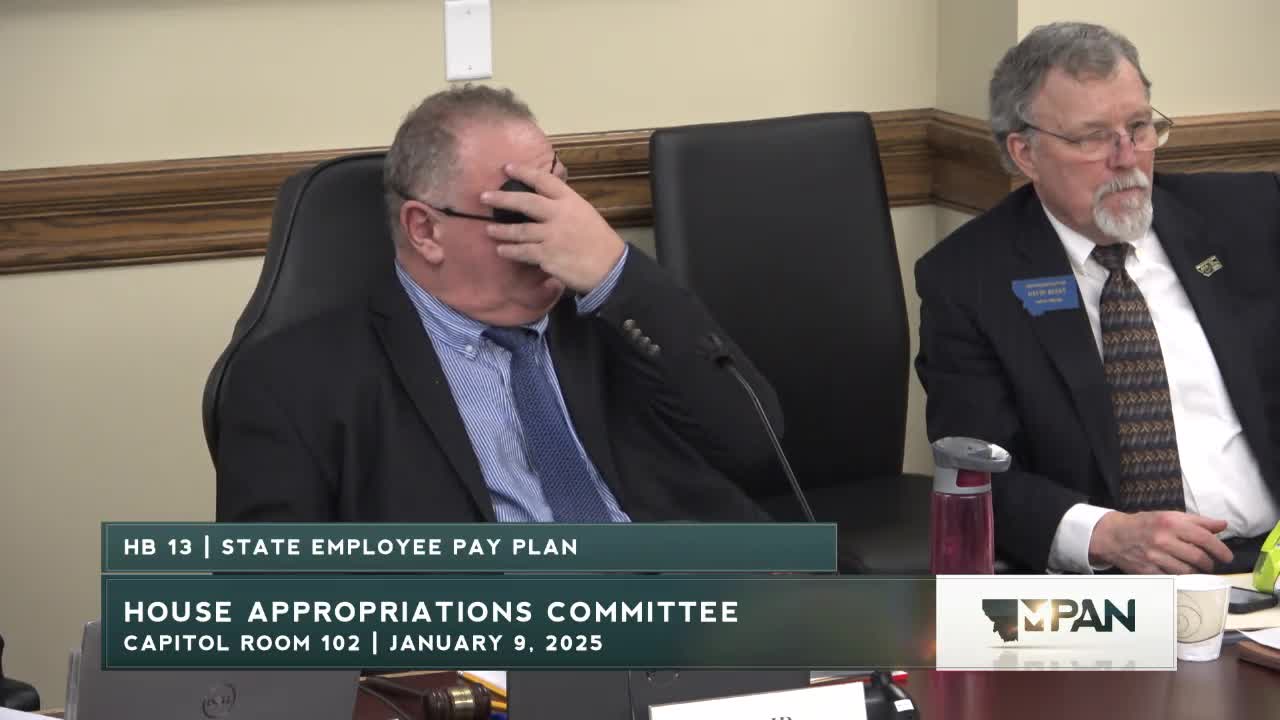Director Dorrington explains 'position budgeted' and why vacancies, funding sources complicate hiring
Get AI-powered insights, summaries, and transcripts
Subscribe
Summary
Department of Transportation Director Chris Dorrington briefed a House committee on the difference between FTEs and "position budgeted," how funding sources and vacancies affect hiring, use of contractors, and how federal grants produce "mod" positions that are temporary.
Director Chris Dorrington of the Montana Department of Transportation told a House committee that the commonly used term "FTE" can be misunderstood and that the budget unit to focus on is the "position budgeted." "A position a budgeted position is a container," Dorrington said. "Not all containers are the same size." He explained the concept to help committee members assess personnel budgets and the upcoming pay-plan discussion.
Dorrington explained three points: that a position budgeted (PB) is a funded slot that may or may not be filled by a human; that funding sources restrict how money can be used (general fund is most flexible, state special and federal special are often limited to program-specific work); and that vacancies occur for many reasons, including retirements, competitive private-market offers, forced vacancy savings and timing of revenue flows.
He described common managerial responses: holding a vacancy deliberately to reallocate money to operating costs; offering a salary adjustment within available funding; or, when hiring is impossible, moving work to contractors. "These are more expensive every time," Dorrington said of contractors, adding that contract rates can be at least two times employee cost in some roles.
Dorrington also described how federal grant surges create "mod" or modified positions: agencies accept extra federal special revenue, request temporary position-budget authority (a mod) and hire under not-to-exceed authority to administer the program. He said agencies often prefer permanent hires but use mod/NTE authority to meet short-term federal timelines.
Committee members asked for concrete examples. Dorrington and other witnesses cited bridge structural engineers as a high-market example: private market pay for experienced structural engineers is substantially higher than state salary bands, making recruitment difficult even with nonmonetary benefits. He also explained comp time for exempt employees as a mechanism used when overtime is not payable and noted the operational cost of banked comp time when workload is heavy.
Dorrington closed by urging the committee to consider these mechanics when reviewing the pay plan and personnel budgets, saying that understanding position budgeting will make committee decisions on vacancies, OTOs (one-time-only funding) and modifications clearer.
